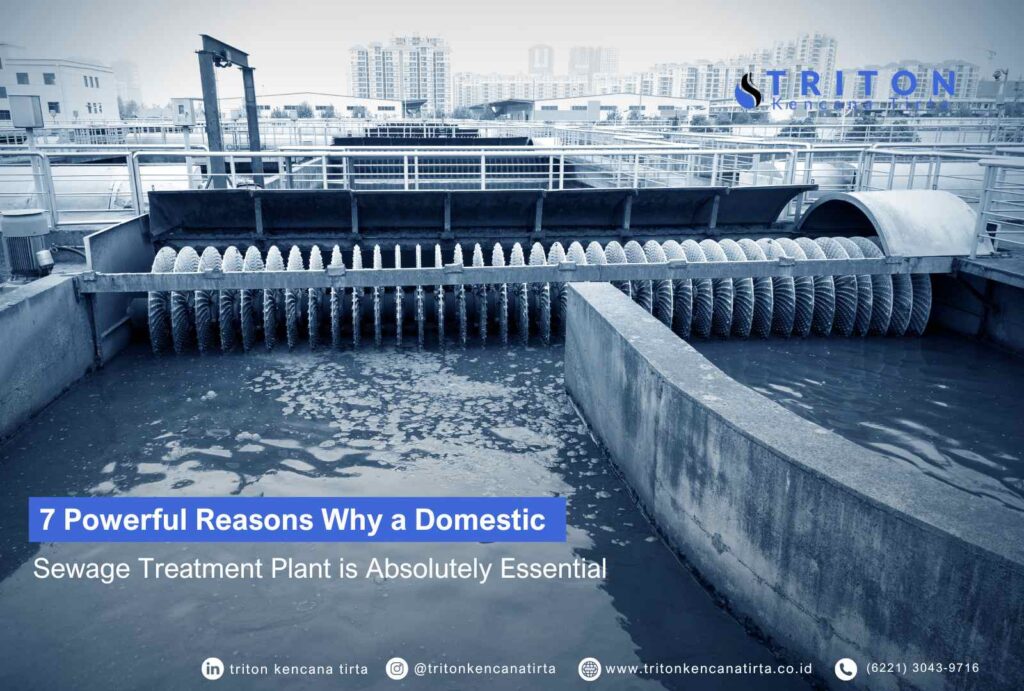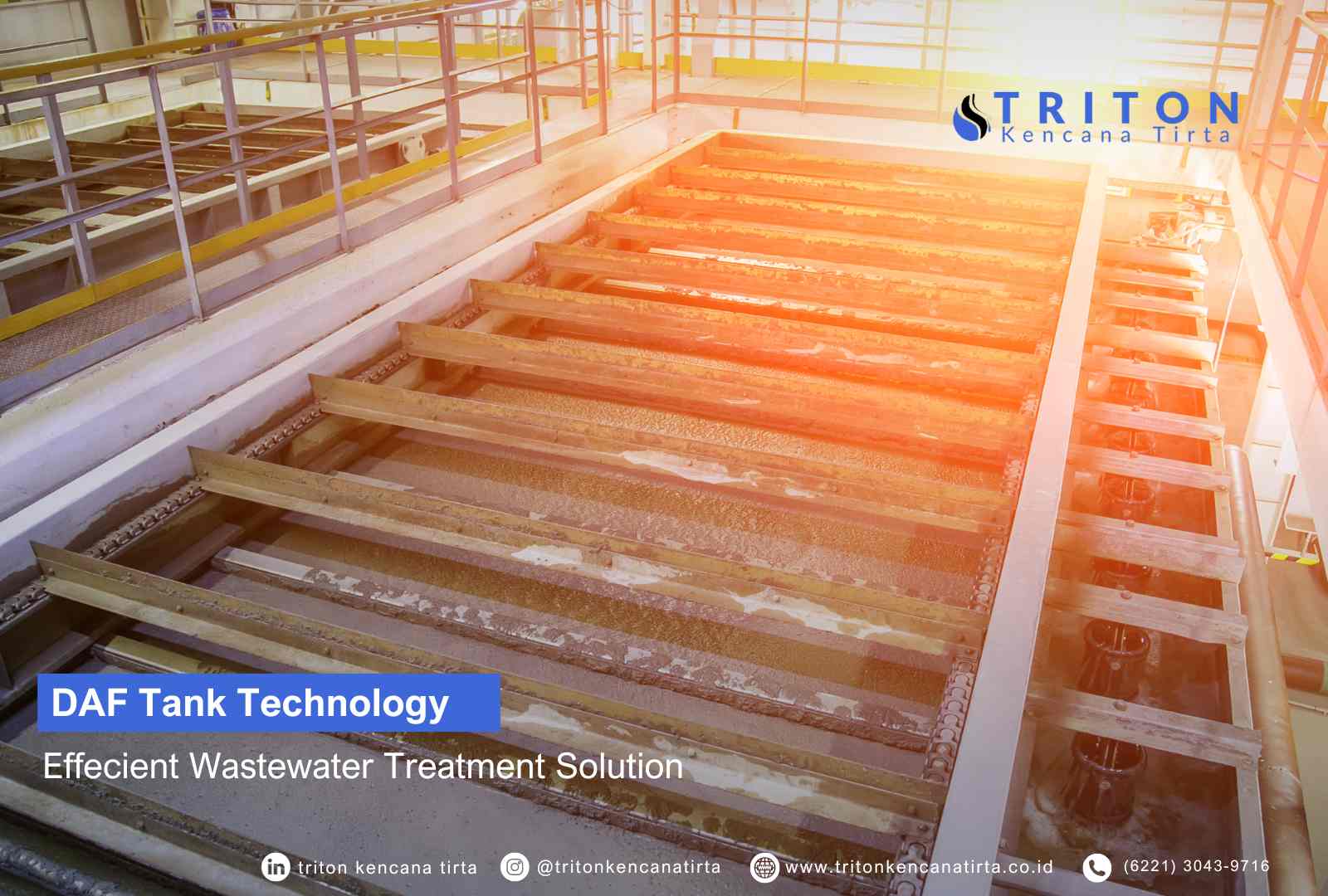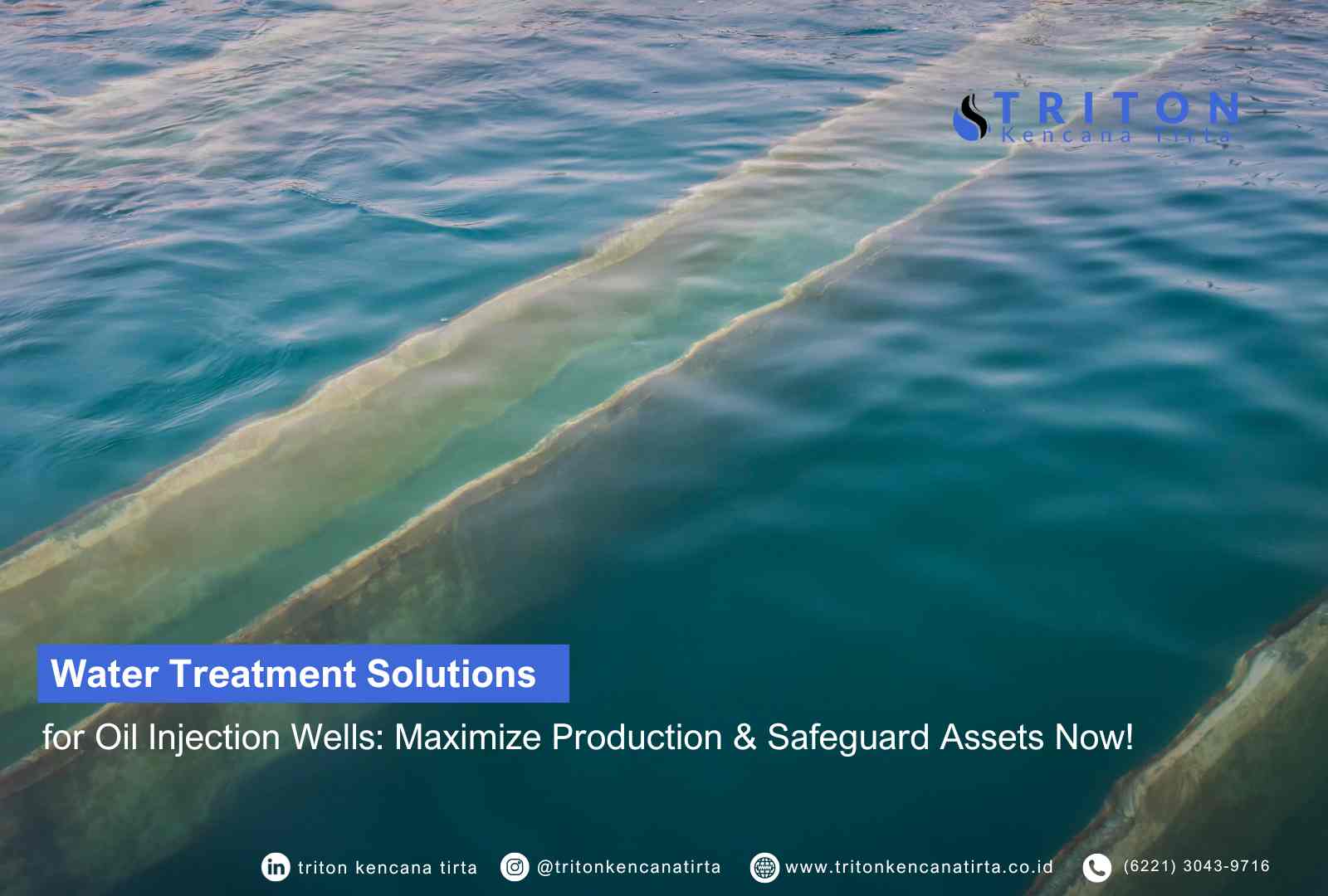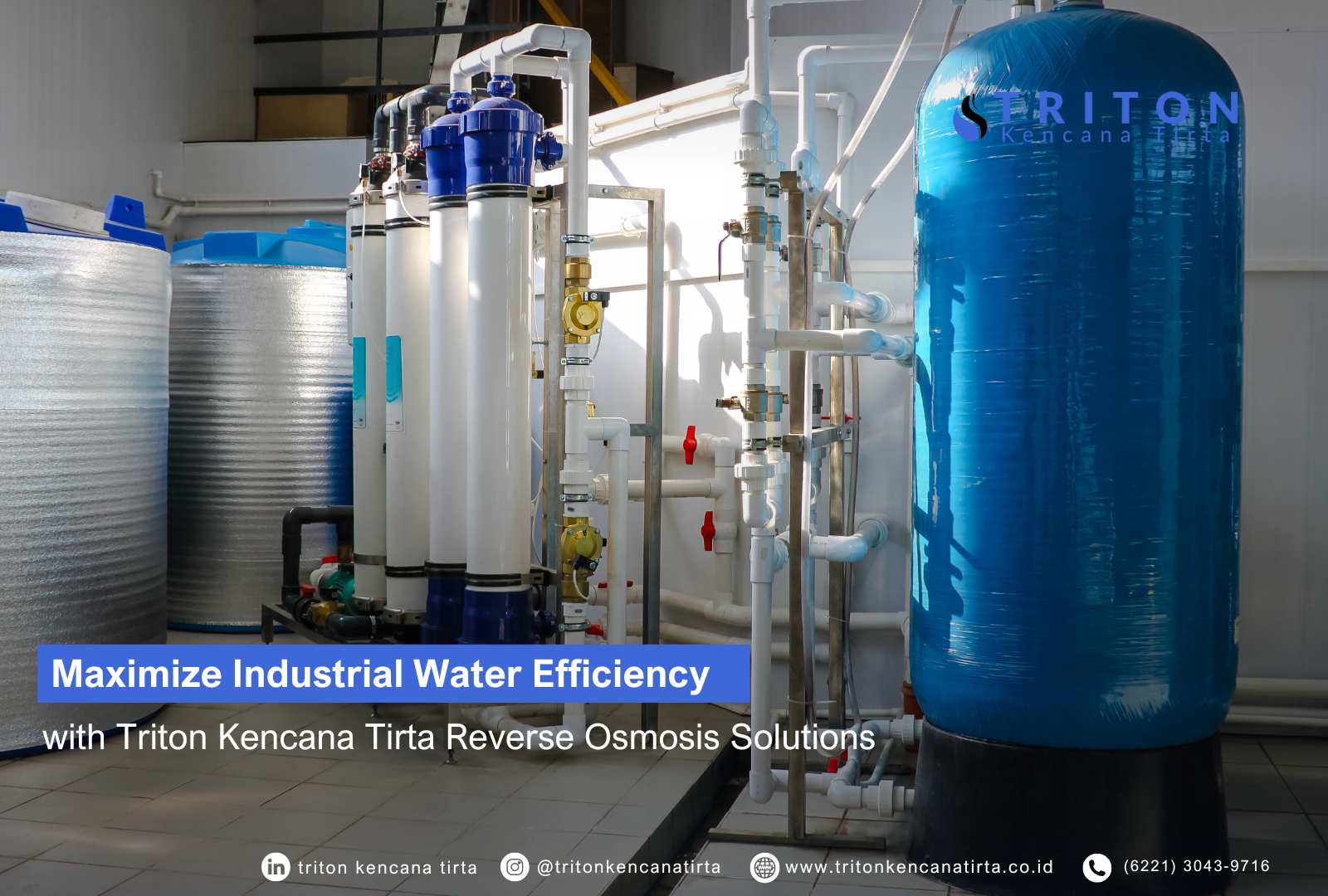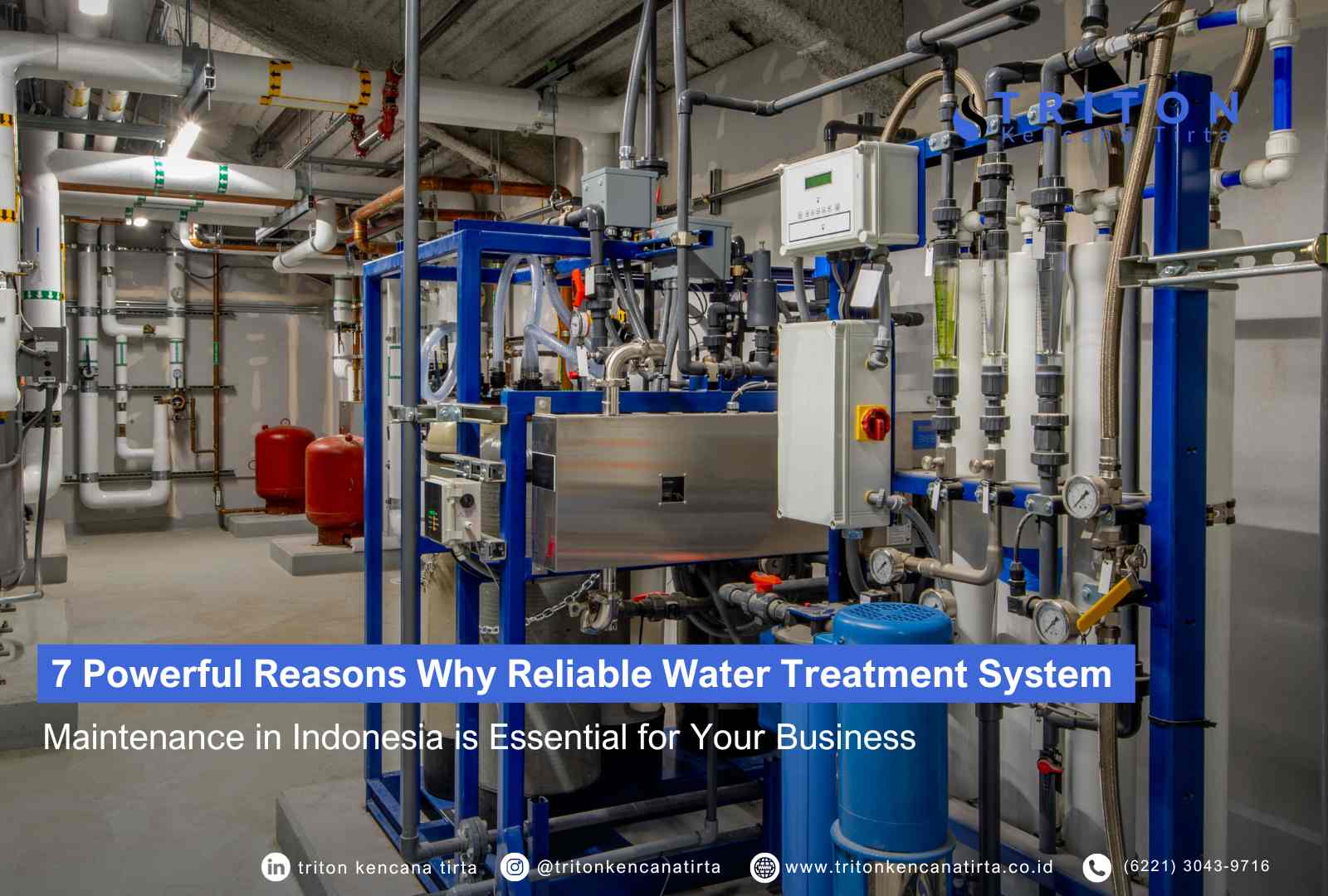If you’re a homeowner looking to reduce your environmental footprint, save money, and future-proof your property, installing a domestic sewage treatment plant might just be your smartest move yet. With rising concerns about water pollution and stricter regulations, handling wastewater responsibly has become a pressing necessity—not just a luxury. But why should you care? In this article, we’ll break down 7 compelling reasons why every modern home should have one.
Let’s dive into the dirty details (literally!) and show you why making the switch is a game changer.
1. Cleaner and Safer Waste Disposal
Traditional septic tanks only partially treat wastewater, which can result in harmful pollutants seeping into the ground and water sources. In contrast, a modern Sewage Treatment Plant breaks down waste using biological processes, producing clean effluent that can safely be discharged into the environment or reused for irrigation.
Why this matters:
-
Reduced risk of groundwater contamination.
-
Safer for families with kids or pets playing in the yard.
-
Protects nearby streams, rivers, and ecosystems.
2. Compliance with Environmental Regulations
Governments across the world are tightening regulations on waste discharge. Many rural and suburban areas now require homes to upgrade from septic systems to treatment plants to meet new standards. If you plan on building, renovating, or selling your home, you’ll likely need to comply.
Bonus:
Having a compliant system in place increases the value of your property and makes it easier to sell.
3. Low Maintenance & Long-Term Cost Savings
One of the myths about sewage treatment systems is that they’re high-maintenance. In reality, modern plants are engineered for minimal upkeep. With regular inspections and occasional desludging (typically once a year), you can avoid unexpected repair costs associated with failing septic systems.
Did You Know?
Over a 20-year span, the cost of operating a domestic treatment plant can be 30-50% lower than constantly repairing or replacing old septic systems.
4. Eco-Friendly and Sustainable Living
Let’s face it—climate change is real, and every drop counts. A sewage treatment plant helps you actively contribute to environmental protection by:
-
Reducing harmful bacteria and chemical load in water runoff.
-
Recycling wastewater for gardening and landscaping.
-
Lowering overall household pollution.
Fun Fact:
Homes with eco-friendly wastewater systems are 20% more likely to receive green building certifications or incentives in certain countries.
5. Ideal for Properties Without Main Sewer Access
If you live in a rural or semi-rural area without access to a municipal sewage network, a domestic treatment plant is not just helpful—it’s essential. It gives you complete independence, allowing you to manage your own waste system efficiently without relying on public infrastructure.
6. Prevents Foul Odors and Overflow Issues
Ever walked past a poorly maintained septic tank? The smell can be unbearable. Domestic sewage treatment plants are sealed systems designed with advanced aeration and filtration processes that eliminate odors and prevent backups.
Peace of Mind:
You won’t have to worry about embarrassing smells ruining backyard BBQs or gatherings.
7. Backed by Trusted Industry Experts Like Triton
Choosing the right system is as important as installing one. Triton offers top-of-the-line, locally supported domestic sewage treatment plant solutions that are:
-
Custom-designed for each property.
-
Certified and compliant with government standards.
-
Installed and maintained by expert technicians.
Partnering with a professional ensures your system runs smoothly for years, with minimal hassle.
Frequently Asked Questions (FAQ)
How often should a domestic sewage treatment plant be serviced?
Generally, once a year, but it depends on usage and system type.
Can I use the treated water for gardening?
Yes! Most systems produce effluent safe for non-potable use, like watering plants.
What’s the lifespan of a domestic treatment plant?
With proper maintenance, systems can last 20–25 years or more.
Is it noisy or smelly?
Not at all. Most systems operate quietly and odorlessly thanks to modern design features.
Final Thoughts
Making the switch to a domestic sewage treatment plant isn’t just a smart investment—it’s a responsibility we all share. Whether you want to protect your family’s health, boost property value, or do your part for the environment, this one-time decision brings long-term benefits. In a world that’s increasingly conscious about sustainability, there’s never been a better time to act.
Don’t just treat waste—treat your home to a cleaner, greener future.


